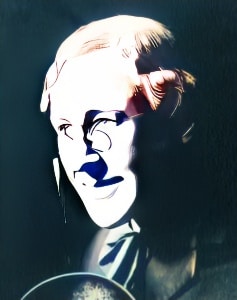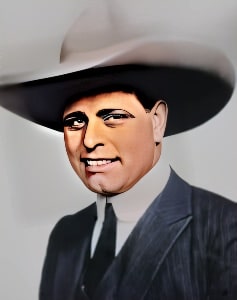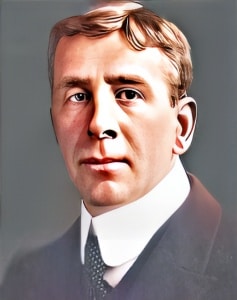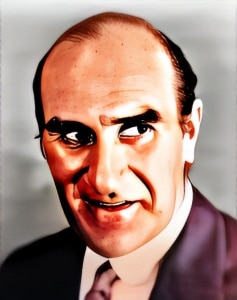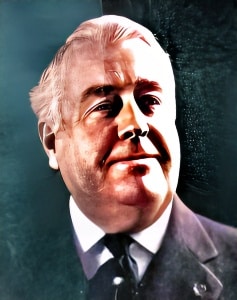 Edward Jobson, a versatile actor of the early 20th century, left an indelible mark on the American entertainment industry.
Edward Jobson, a versatile actor of the early 20th century, left an indelible mark on the American entertainment industry.
Born on February 1, 1869, in Lancashire, England, Jobson’s career spanned the transition from silent films to the advent of sound, making him a notable figure in the early years of American cinema. While his name may not be as widely recognized today as some of his contemporaries, Edward Jobson’s contributions to the film and theater world are celebrated for their adaptability and lasting influence.
Jobson’s journey into the world of entertainment began during a time when the theater was the dominant form of live performance, and the film industry was in its nascent stages. Silent films relied on visual storytelling and nonverbal acting, necessitating actors to convey emotions and narratives primarily through facial expressions and physical movements. Jobson’s aptitude for adapting to this medium and his ability to captivate audiences through his performances were indicative of his acting prowess.
One pivotal moment in Edward Jobson’s career was his involvement in the 1920 silent film “ The Saphead.” Directed by Herbert Blaché and Winchell Smith, this comedy-drama marked a turning point in the career of actor Buster Keaton, who was transitioning from a supporting player to a leading actor. Jobson played the role of Edward Meeks, a family friend and the owner of the company in the film. His presence contributed to the ensemble cast’s overall impact and demonstrated his ability to engage with complex characters and emotionally charged storylines.
The film “ The Saphead” is a classic example of silent film comedy, showcasing Keaton’s unique talent for physical comedy and clever gags. Jobson’s portrayal of Edward Meeks added depth to the narrative and complemented the film’s humor and drama. The movie represents an important step in Keaton’s career and the evolution of American cinema.
Edward Jobson’s versatility as an actor extended beyond his work in “ The Saphead.” He appeared in various silent films, encompassing a range of genres, from comedies to dramas. His filmography showcased his ability to engage with diverse characters and narratives, underscoring his adaptability and commitment to his craft.
The transition from silent films to sound films marked a significant shift in the entertainment industry, challenging many silent film actors to adapt to this new era. Edward Jobson successfully navigated this transition, highlighting his ability to remain relevant in the evolving landscape of film.
In conclusion, Edward Jobson was a versatile actor who left a lasting impact on the early years of American cinema. His involvement in the silent film era and his ability to adapt to the changing landscape of the film industry underscore his versatility and lasting influence. While his name may not be as widely recognized today as some of the leading actors of his time, his work in the early days of cinema remains a valuable part of the history of early Hollywood. Edward Jobson’s contributions continue to inspire future generations of actors and filmmakers, and his legacy endures as an integral part of the early days of the film industry.

